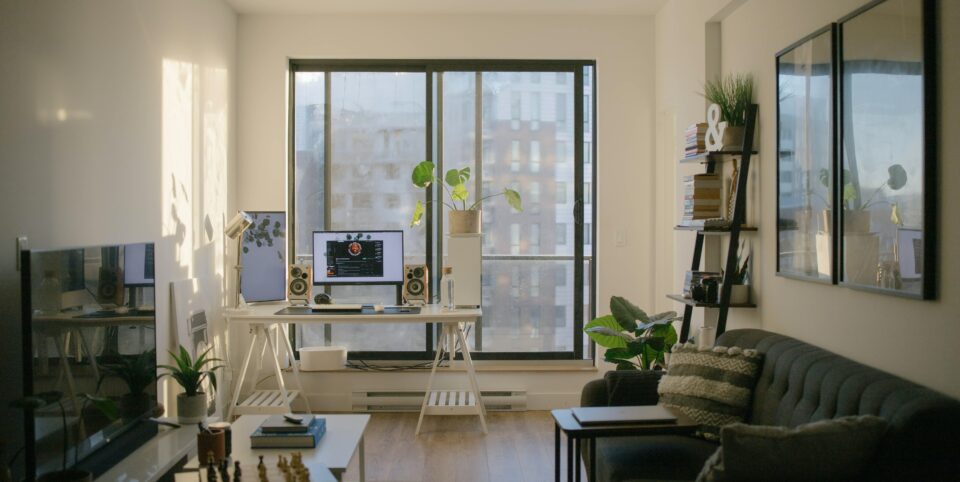Contact
020 4515 6728
info@ccameron.co.uk
Charles Cameron & Associates
Blackfriars Foundry
154-156 Blackfriars Road
London SE1 8EN
How to sell a Buy-To-Let investment with current tenants
June 17, 2021
Information published was correct at the time of writing
If you own a buy-to-let property that you rent to tenants, selling it might take a little extra effort. As well as finding a buyer, you need to make allowances for the people renting it and decide whether to sell…

If you own a buy-to-let property that you rent to tenants, selling it might take a little extra effort. As well as finding a buyer, you need to make allowances for the people renting it and decide whether to sell the property to another landlord or someone who wants to use it as their home. The process for selling a tenanted property is slightly different, so make sure you’re aware of the following considerations.
Advantages of selling a tenanted property
Selling your property with existing tenants means that you won’t run the risk of the property sitting empty for several months while it’s on the market. So, you don’t lose any of your monthly income until the sale is complete. This can also be a selling point for other buy-to-let investors, who can be sure of receiving an income from the property immediately after the sale and won’t have any immediate marketing costs.
Disadvantages of selling a tenanted property
Selling your property with tenants gives you access to a smaller audience of buyers, as it is only of interest to other buy-to-let landlords. A smaller audience potentially means a lower sales price, but not always. You probably won’t have the opportunity to complete any renovation work that could increase your selling price. The buyer, too, will likely have to wait until the end of the tenancy if there is work they’d like to do.
Practical considerations for selling a tenanted property
Dealing with tenants can make the sale a little more difficult, but if you have a good relationship with them and communicate well, you can keep these difficulties to a minimum.
• It may be worth checking if your tenant would be interested in buying the property themselves before putting it on the market.
• Discuss their concerns about needing to move, whether they’ll pay more rent, and if the sales process will disrupt their enjoyment of the property.
• Keep them informed of viewings and work around their schedule (they are entitled to 24 hours’ notice and can refuse viewings at inconvenient times). Likewise, update them at each stage of the sales process.
• Make sure that you, the buyer and the tenant are all in agreement about how any ongoing repairs (or other issues) will be managed after the sale.
Financial considerations for selling a tenanted property
There are a few additional financial considerations when you make the sale:
• If the property is furnished, you’ll want to include these furnishings in the sales price
• If you’ve paid a commission to a letting agent, you can try to partially recoup this cost from the buyer
• If you hold a tenancy deposit, you’ll need to transfer it to the new owner
Additional paperwork when selling a tenanted property
As well as the usual sales paperwork, you’ll need to provide your buyer with:
• Evidence of the tenant’s right to rent
• The tenancy agreement
• The deposit protection certificate
• Relevant communications between yourself and the tenant
Tax considerations for selling a tenanted property
The tax considerations for selling a buy-to-let property are the same whether the property is vacant or tenanted. Capital gains tax is applicable to taxable gains you make from your property sale, i.e. the profit you’ve made on your investment. You have a tax-free allowance of £12,300 (for the 2020/21 tax year). Profits over that amount could be subject to tax of up to 28%. It’s important to calculate the tax that will be due in advance, as it might affect your decision to sell. [1]
[1] – CGT allowance was correct at the time of writing, it has now been reduced to £6,000.



